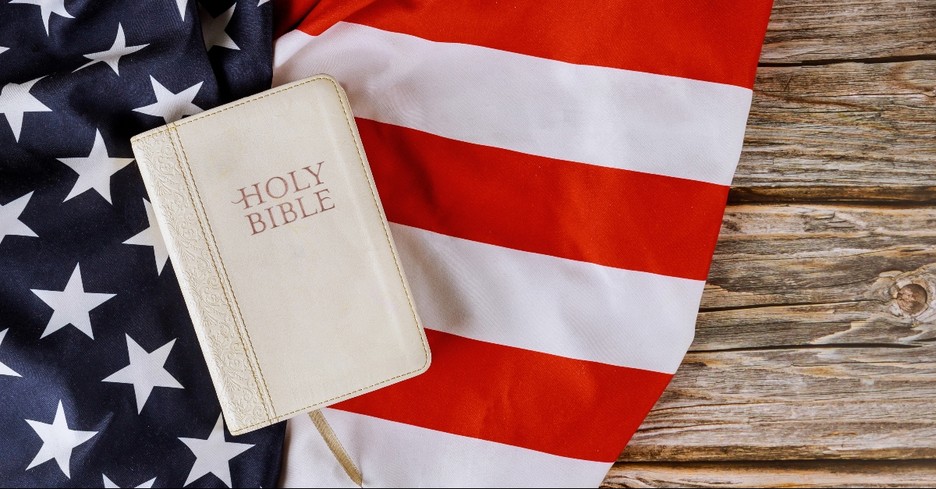
These events represent some of the major developments in 18th-century Christian history, including the growth of evangelical movements like Methodism, religious revivals like the Great Awakening, and the evolving relationship between Christianity and the Enlightenment in Europe and America.
18th Century Christian History
1701: Act of Settlement
- The Act of Settlement in England ensured that only Protestants could inherit the English throne, further cementing the Anglican Church's position.
1738: John Wesley's Conversion
- John Wesley, a key figure in the Methodist movement, experienced a personal religious conversion, marking the beginning of the Methodist revival.
1744: First Methodist Meeting House
- The first Methodist meeting house was built in Bristol, England, as the Methodist movement continued to grow.
1749: Founding of the Evangelical Moravian Church
- Count Nicolaus Zinzendorf founded the Renewed Moravian Church, an influential Protestant denomination known for its missionary work.
1750s: Great Awakening
- The Great Awakening was a religious revival in the American colonies led by preachers like Jonathan Edwards and George Whitefield, which profoundly impacted American Christianity.
1766: Founding of Methodism in America
- Philip Embury started the Methodist movement in North America when he began preaching in New York City.
1770s: Catholic Enlightenment
- The Catholic Enlightenment was a movement that sought to reconcile Catholicism with Enlightenment principles, including religious tolerance and rationalism.
1776: American Declaration of Independence
- The American Declaration of Independence marked the beginning of the United States and a period of religious diversity and freedom in the country.
1781: Methodist Episcopal Church Established
- The Methodist Episcopal Church in the United States was officially organized, separating from the Anglican Church.
1789: Ratification of the U.S. Constitution
- The U.S. Constitution guaranteed religious freedom and the separation of church and state, contributing to the growth of religious pluralism in America.
1791: Ratification of the Bill of Rights
Recommended- The First Amendment to the U.S. Constitution ratified as part of the Bill of Rights, guaranteed religious freedom and protection from government interference in religious matters.
1792: William Carey's Missionary Movement
- William Carey, often called the "father of modern missions," founded the Baptist Missionary Society and promoted Christian missions to India and beyond.
• Voltaire, one of many Deists, further develops the rationalism of the "Enlightenment," attacking Christianity and finding in man the center of all things. The French Revolution of 1789 overthrew the traditions of the Church and briefly established the "goddess of reason."
• An Evangelical Awakening spreads throughout England and America under the preaching of George Whitefield, the Wesley brothers, and Jonathan Edwards.
• Pietism brought new life to German Lutheranism, and Lutheran J. S. Bach wrote his music "only for the glory of God."
• Count Zinzendorf establishes Herrnhut as a Moravian settlement in Saxony, from which the Moravian Brethren begin their missionary work.
• Christians Handel and Haydn write classical music, including masterpieces of religious art, while Isaac Watts and the Wesleys write hymns for congregational singing.
• Practical application of Christian truths found in classics written during the century: Philip Doddridge's Rise and Progress of Religion in the Soul; William Paley's Principles of Moral and Political Philosophy; and William Wilberforce's Practical View of the Religious System. Cruden's Concordance was published early in the century.
• Religious freedom gains grounds. In the United States, religious tests for government positions are abolished, and in Russia, Tsarina Catherine the Great grants freedom of religion.
• Christian Daniel Defoe begins writing novels reflecting man's spiritual struggles.
• The era of modern missions advances with the establishment of London's Baptist Missionary Society and the sending of William Carey to India.
Photo Credit: ©iStock/Getty Images Plus/photovs








